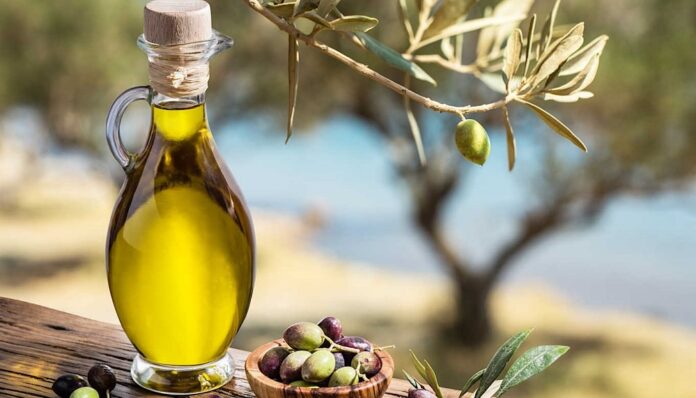The 10 billion tree tsunami project of Pakistan, which was inaugurated in 2014 by Pakistan Tehreek-e-Insaaf, has been ignited a secret revolution of Olive in Pakistan. Pakistan produces approximately 1500 tonnes of Olive oil, and 830 tonnes of table olives in every year, according to the Juan Vilar Strategic Advisors, which also makes Pakistan the 19th member of International Council Member. Several problems related to the climatic changes are being resolved by assisting the farmers, for instance soil erosion, and desertification, including the chances for new opportunities. Prime Minister Shahbaz Sharif inaugurated an Olive Cultivation Pilot project in the District of Potohar, in the year 2014. The government of Tehreek-e-Insaaf promoted it all over the country, as an aspect of Prime Minister Imran Khan’s Ten Billion Tsunami initiative to generate the revolution of Olive in Pakistan.
The third largest cooking oil imports is known to be Pakistan, in 2020 $2.1 billion worth of palm oil was being imported by Pakistan, whereas China imported $4.1 billion and India imported, $5.1 billion. Pakistan’s dependency on the imported palm oil will be diminished with more production of olive oil in Pakistan, By replacing the local olive oil with the imported palm oil might be beneficial for the health of the customers.
Most of the members of the olive oil council (IOC) out of 18 members, are European countries, which represent Europe and the Middle East. More than 98 percent of oil production worldwide, is generated by the members of IOC, Pakistan has become the 19th members of the firm, the IOC has it’s main offices in Madrid, which is the capital of Spain, ever since it established in 1959.
The Firm ensures, eligible Quality Control testing methodologies, and makes sure about the transparency of the customers, for instance, the standard of cleanliness, all across the supply chain, adequate materials for packing, and filling acceptance, product labelling standards, identification of any food additives or allowable contaminants, and the protection suggestions for the environment for the storage and wastage of olive products.
“In Pakistan, olive oil culture is making advances, and so are the opportunities relating to that,” stated Mr. Abdellatif Ghedira, the IOC’s executive director, in welcoming Pakistan into the firm.
The council is a key participant in making sure the long-term viability and responsible development of the olive industry, and it serves as a global forum for discussing policy problems and addressing current and future concerns.”


